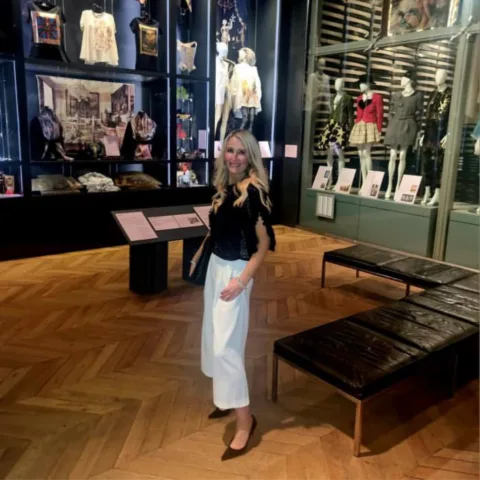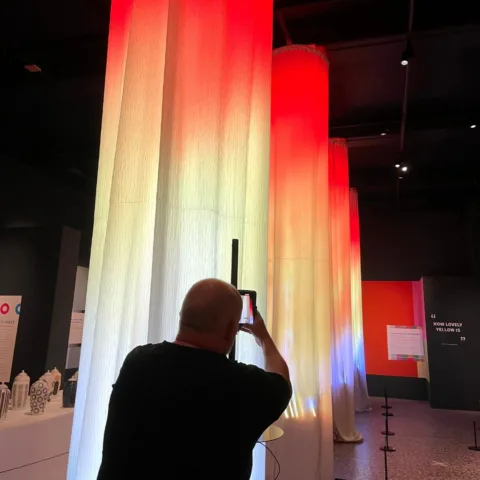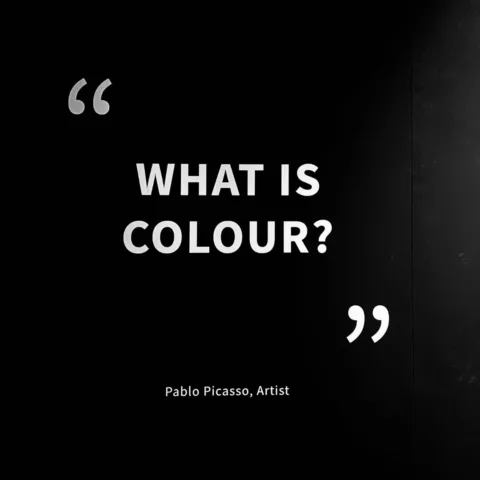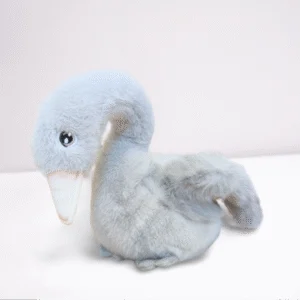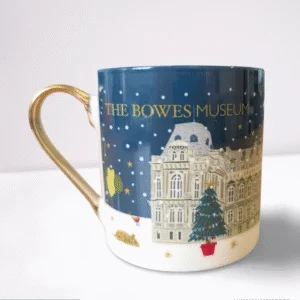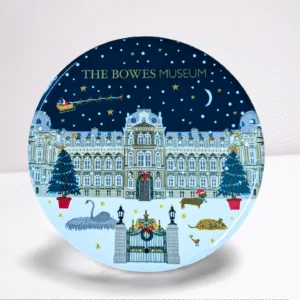The Bowes Museum Blog

Dante Gabriel Rossetti
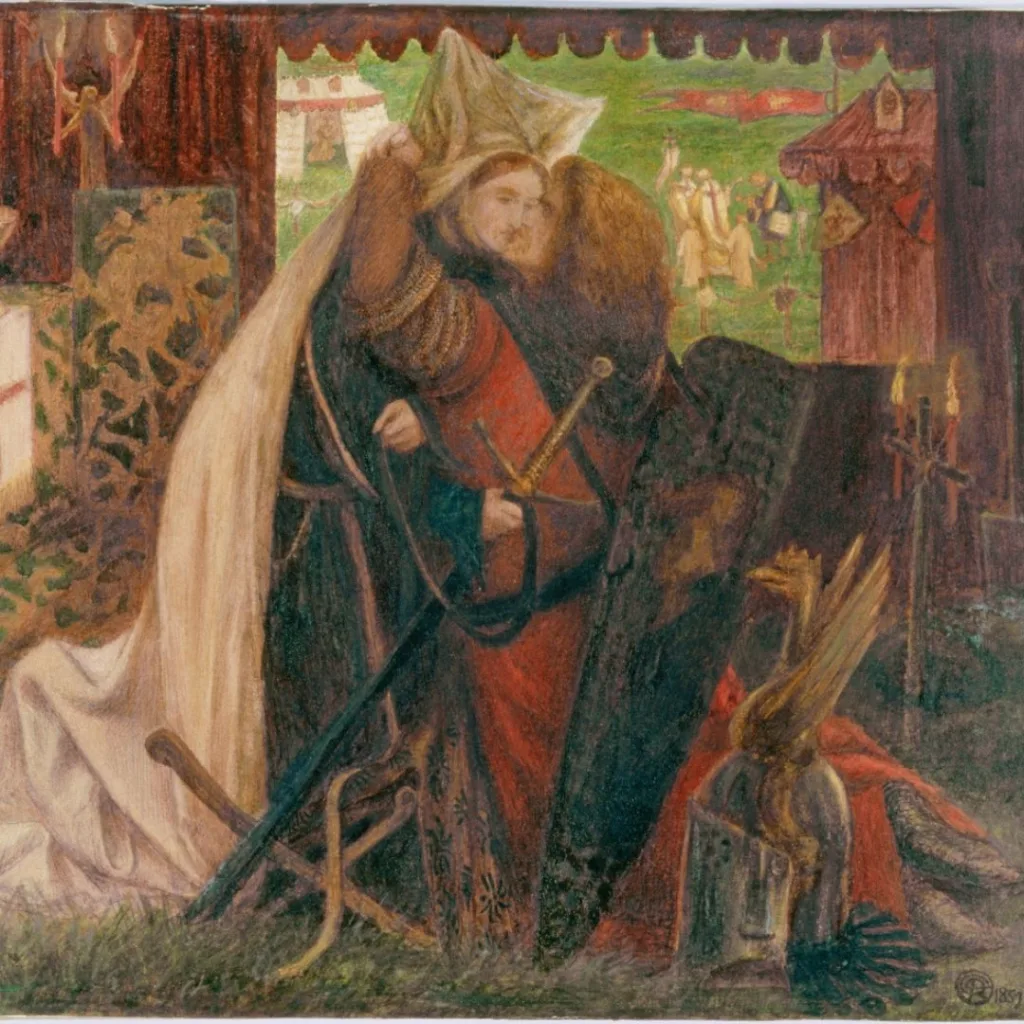

St George and Princess Sabra, 1862 Watercolour on paper
This is one of a number of watercolours by Rossetti illustrating the legend of St. George, a Christian knight in the Roman army. Having killed the dragon, St. George washes the blood from his hands in his upturned helmet. He watches through the window as a crowd carries the dragon’s head in triumph. The princess whose life he has saved, kneels, kissing his bloodied hands. Rossetti’s wife Lizzie Siddal modelled for Princess Sabra, only days before dying from an overdose of laudanum.
On loan from: Tate: Bequeathed by Beresford Rimington Heaton 1940

The Chapel before the Lists, 1857-64, Watercolour on paper
Knights in armour practised their skills in mock tournaments, where each knight on a horse rode down a track separated by a low fence from his opponent on the other side, and tried to unseat him with a blow from a lance. These could lead to death. Henry II of France was killed in one in the 16th century. Here the knight has been armed by his beloved in the chapel where he has been praying, seeking God’s support before the combat.
On loan from: Tate: Purchased with assistance from Sir Arthur Du Cros Bt and Sir Otto Beit KCMG through the Art Fund 1916

The Damsel of Sanct Grael, 1857 Watercolour on paper
The damsel of the Sanct Grael (Holy Grail) is a minor character in Thomas Malory’s Morte d’Arthur. However Rossetti included her in some designs illustrating the quest for the Grail, showing her offering the chalice to the Knights, instead of Christ, as described by Malory. Here the damsel holds her right hand in a gesture of blessing. Her left hand clasps the Grail and a basket containing the Host, while the dove symbolises the Holy Spirit.
On loan from: Tate: Purchased with assistance from Sir Arthur Du Cros Bt and Sir Otto Beit KCMG through the Art Fund 1916

Roman de la Rose (The Romance of the Rose), 1864, Watercolour on paper
Roman de la Rose is a 13th century French poem, a complex story about love and loss, one of many that troubadours recited at royal ‘courts of love’. This painting derived from
an earlier design for the frontispiece of Rossetti’s Early Italian Poets, a collection of his translations of this poetry first published together in 1861. Rossetti has taken his visual inspiration from Medieval illuminated manuscripts that he saw at the British Museum and elsewhere.
On loan from: Tate: Presented by Andrew Bain 1925

St. Catherine,1857 Oil on canvas
This painting shows a Medieval artist in his studio painting a model posing as St Catherine. She holds a palm branch which symbolises her martyrdom and a wheel, the instrument of execution with which she was threatened.
During the 1850s Rossetti focused on producing watercolours which he sold privately to individual collectors. This picture is the only oil painting he completed at this time.
On loan from: Tate: Bequeathed by Mrs Emily Toms in memory of her father, Joseph Kershaw 1931

Joan of Arc, 1882 Oil on panel
Joan of Arc (1412-1431) was a French female warrior whose visions told her to drive the English from France. She was initially very successful, but was finally captured by the English and executed at Rouen. Her reputation was forgotten until her rediscovery in the 19th century.
For writers and artists, she had the fascination of taking on a man’s role in Medieval warfare. We do not know exactly how she dressed, but the artist has enjoyed depicting a strong female figure in man’s armour.
On loan from: The Syndics of the Fitzwilliam Museum, University of Cambridge

How Sir Galahad, Sir Bors and Sir Percival Were Fed with the Sanct Grael; but Sir Percival’s Sister Died by the Way, 1864, Watercolour and gouache on paper
A leading Medieval text for Pre-Raphaelites was Sir Thomas Malory’s Morte d’Arthur which sets down the story of King Arthur and his Knights and how they gathered about a round table before setting out in Quest of the Holy Grail; allegedly brought to England by Joseph of Arimathea, the uncle of Jesus’s mother, Mary. Rossetti here unites two scenes from the text: one relates to Percival, who achieves the Grail quest with his fellow Knights, Galahad and Bors; the other relates to his sister, who gives her life to heal a woman who could only be saved by the blood of a virgin. Rossetti shows the Knights receiving the Grail before an altar, whilst beside them Percival’s sister lies on the ground awaiting burial.
On loan from: Tate: Bequeathed by Beresford Rimington Heaton 1940

To learn more about the Pre-Raphaelite Knights: Reinventing the Medieval World exhibition click here.
